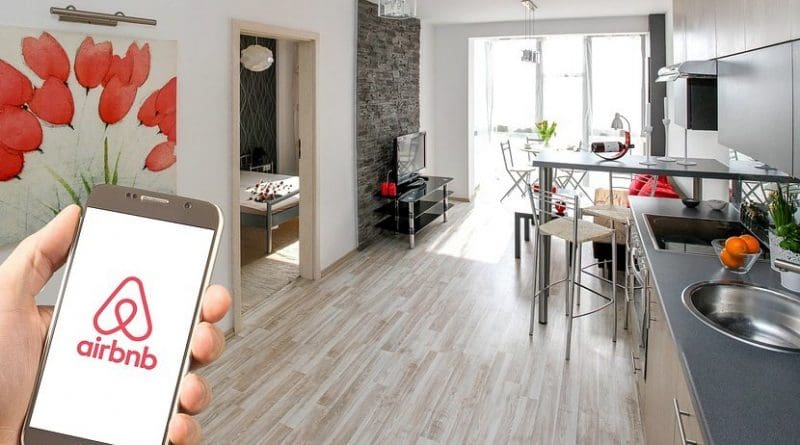Airbnb’s Impact On Peak-Season Hotel Pricing
As hotels experience increased pressure from the growth of hosting sites such as Airbnb, new research from the Tepper School of Business proposes strategies for hotels to cope with the competition while suggesting that government regulation is limited in its ability to control industry disruption.
Hui Li, Assistant Professor of Marketing, and Kannan Srinivasan, H.J. Heinz II Professor of Management, Marketing and Business Technologies, published the findings in the INFORMS journal Marketing Science. The research, titled “Competitive Dynamics in the Sharing Economy: An Analysis in the Context of Airbnb and Hotels,” targets hotels, but its premise also could apply to other industries that are similarly disrupted by sharing economy platforms, such as taxis that are facing competition from Uber and Lyft.
Hotels have a fixed capacity, explains Li: they can’t change the supply of rooms, only the price at which these services are offered. That’s why prices rise when demand is highest, such as the summer vacation season, and fall during off-peak times, a commonly used strategy known as seasonal pricing.
While Airbnb can change its prices, its supply also fluctuates according to demand, says Li: Listings increase in peak seasons due to higher demand and prices and drop off other times, when hosts don’t anticipate much business.
“This introduces a new competition challenge,” she says.
Hotels’ pricing power is now limited during peak seasons, as higher prices can trigger more Airbnb listings and intensify competition.
Instead, the research suggests that hotels could better counter the effects of Airbnb by abandoning the practice of seasonal pricing, or even charge less — drawing more travelers back to hotels and away from Airbnb hosts. And, in off-peak times, when fewer Airbnb hosts are listing their properties because the demand is too low, hotels could afford to raise their prices again.
Market conditions play a crucial role in determining Airbnb’s impact on hotel sales and their strategic response. These factors include:
- Seasonality patterns;
- Consumer composition; and
- Hotel prices and qualities.
Airbnb is most disruptive to less expensive hotels with more leisure travelers, the research finds. High-end hotels, and business travelers, are less inclined to be affected by Airbnb, although the hosting service has recently begun targeting this market segment with its “Business Travel Ready” program.
Government efforts to mitigate disruption by imposing hotel and occupancy taxes on Airbnb have helped hotel profitability, but only to a point, the research finds. Most of the impact created by raising the cost of Airbnb hosting is felt in high-end hotels.
The cities where seasonal pricing needs to be re-considered have these factors at play:
- Hotel market share is smaller;
- Hotel prices are higher, but quality is lower;
- A high number of leisure travelers;
- A well-established Airbnb presence; and
- A lower cost of Airbnb hosting.
Specifically, mid- and low-end hotels in Los Angeles, Chicago, and Seattle should exercise less seasonal pricing, the paper suggests; in Miami and New Orleans, high-end hotels should exercise less seasonal pricing; and in San Francisco, Washington, and Austin, all hotels should use less seasonal pricing.
The results could have implications for other industries where new sharing platforms are disrupting existing business models with a fixed capacity, says Li, but more research needs to be done to determine what factors are at play.
“How the entry of Uber will affect the competitive landscape in the taxi industry is unclear,” the paper says. “Studying the impact of the sharing economy in other industries can be a promising avenue for future research.”

